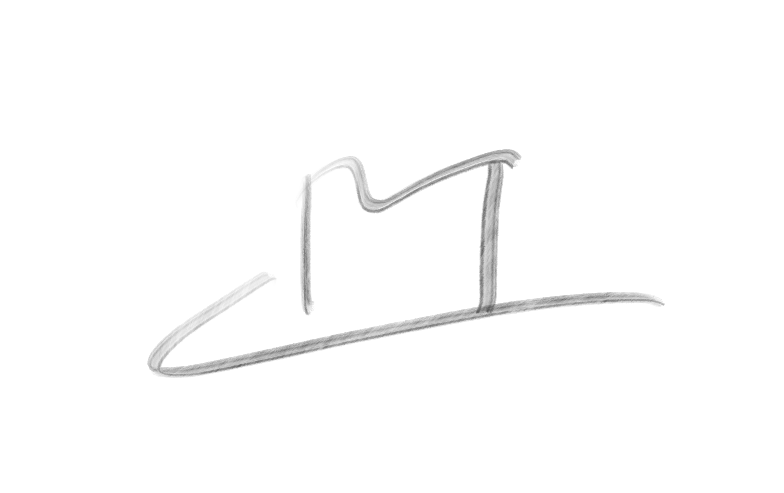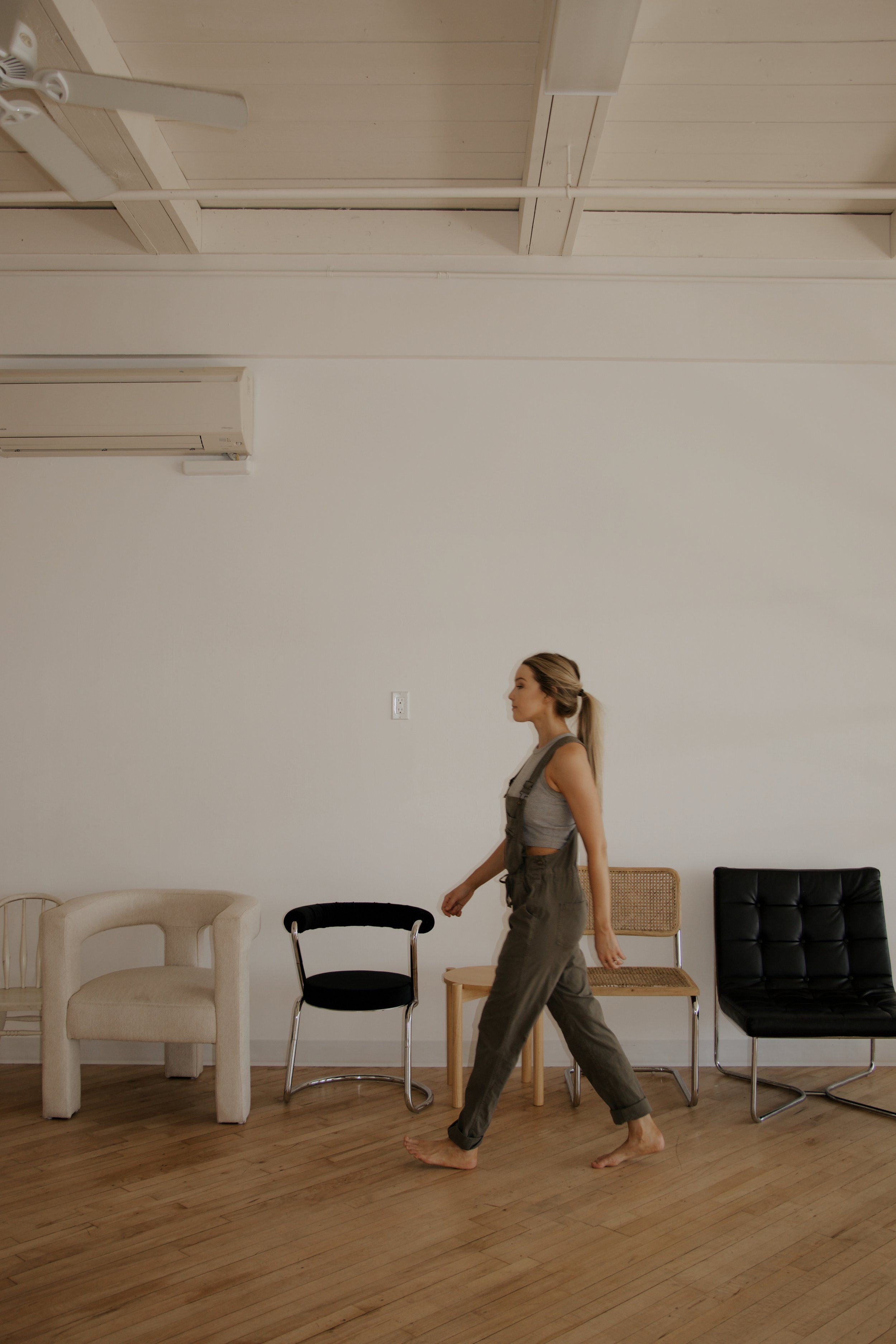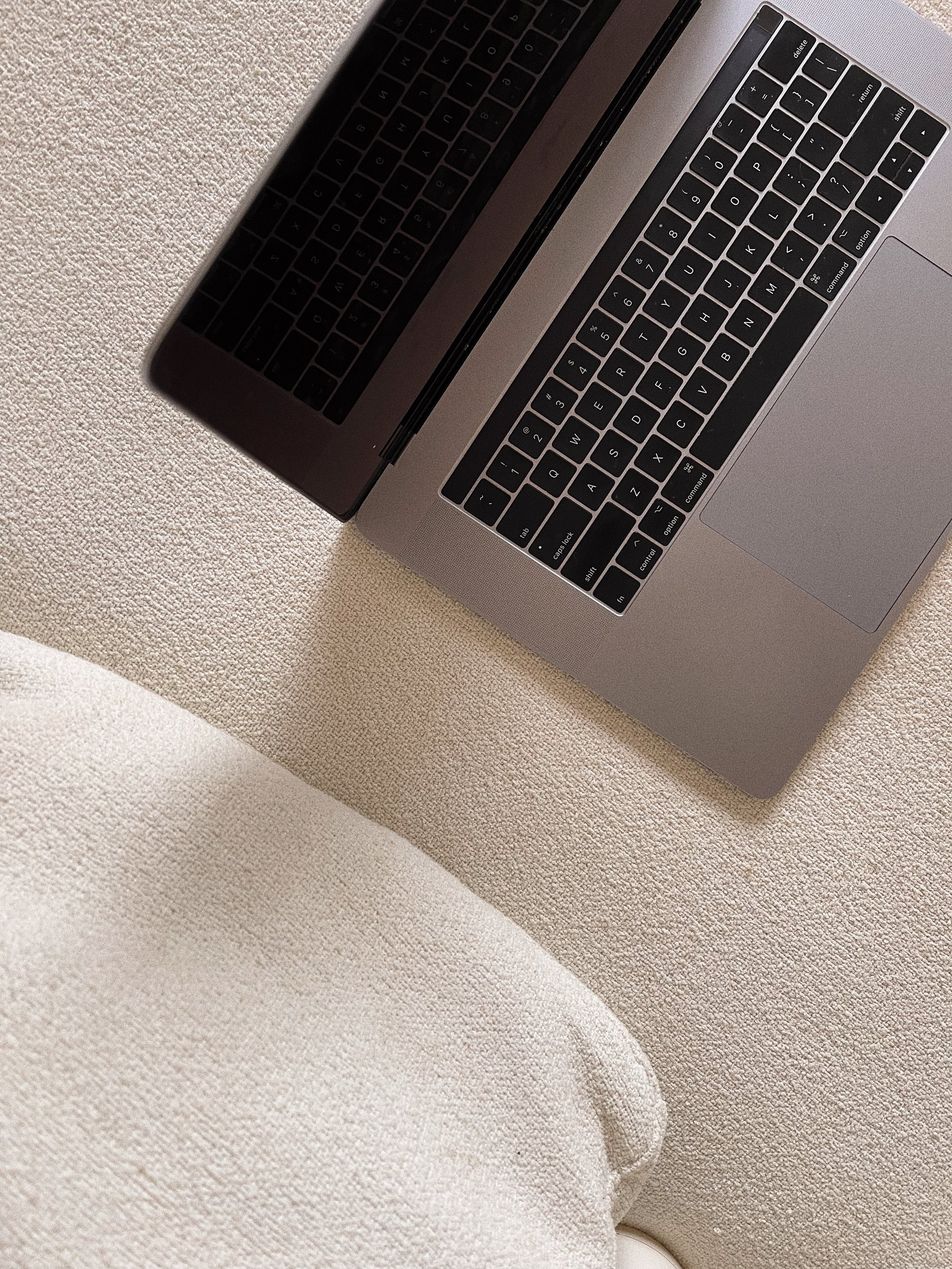1:1 Copywriting & SEO Consulting Sessions
House Calls
House Calls are individual 45-minute video sessions for dealing with whatever writing, marketing, or SEO tasks have been sitting on your to-do list. Tightly connected to the neuroscience of procrastination, evolutionary psychology, and (somehow) Greek antiquity, it’s the nerdy, obsessively researched way to get hard stuff done.
As business owners, we care deeply about our work. But for many of us, actually doing that work feels increasingly difficult. Something has shifted in our capacity to get things done, and it’s affecting our ability to build smart businesses and satisfying lives.
Broadly speaking, procrastination has lots of causes. But in the more narrow context of writing, two common culprits emerge. And they’re pernicious among pretty much anyone who has to pick up a pen, no matter what industry you’re in.
↓
Scenario 01:
CHASING DOPAMINE
Problem: You don’t want to do the thing because it’s boring, which makes it feel hard. The longer-term delight of making headway on a meaningful work project can’t compete with the dopaminergic brain candy of Instagram, Pinterest, or Youtube.
(C’mon mom, just five more minutes?)
The whole picking-up-the-phone behavior isn’t entirely on us, though. We can get so lost in the abyss of algorithmically driven content because it’s been engineered mad-scientist style to hold our attention for as long as possible.
Basically, we’re on the Island of the Lotus Eaters. (Or in a modern rehashing, the Lotus Casino in Percy Jackson.) In case you didn’t do your assigned reading of The Odyssey in tenth-grade English, here’s the situation:
King Odysseus and his men are on a Very Important Ocean Voyage™ – they’ve been away at war for 10 years (!), and now they’re finally sailing home. They’re longing for home and their loved ones; you can imagine how intense the desire would be after a whole decade.
Partway through their journey, they dock on an island to find food, and they enjoy some delicious local fruit. Like… really delicious. As in, they-suddenly-no-longer-care-about-going-home-and-want-to-eat-fruit-here-forever kind of delicious.
Popping fruit after fruit in their mouths, the men feel blissful and unbothered in a way I can only describe as the 7th-century-BCE version of Tommy Chong on That 70’s Show. In that contented haze of mindless consumption, the men’s overarching goal of finally getting home – and the hard work it will take to get there – no longer seems appealing.
Blessedly, Odysseus himself doesn’t eat the fruit, which means he can still clear-mindedly guide his men back to their goal. It isn’t pretty: he has to physically tie his men (who are “wailing” at this point) to the masts of their ship and then immediately set sail so they can’t give in to their impulses. Drastic, but necessary.
Now, replace the word fruit with something like TikTok, and you’ll know exactly where I’m going with this – and why running a business against our modern backdrop of immediate pleasure feels impossible sometimes.
Neuroscience tells us that the brain learns through repetition. So every time we switch from something that’s “low-stimuli/high-value” (i.e., boring but ultimately important) to something that’s “high-stimuli/low-value” (i.e., exciting but ultimately insignificant), we’re teaching our brains to repeat that behavior in the future, while making our phones even more lotus-like than before.
Scenario 02:
CHASING ZEBRAS
Problem: You don’t want to do the thing because you don’t entirely know what you’re doing, which makes it feel hard. Maybe you don’t fully understand the brief, you need more source material, or there’s a gap in your skillset. Logically, you know the only viable path forward is to track down the missing information / watch a how-to tutorial / email your client with the necessary follow-up questions… But now doing the thing feels like twice as much work.
(So you decide to save it all for the Tomorrow Version of You, who loves stuff like this!)
Back in the olden days (think cavemen, not covered wagons), survival wasn’t just contingent on finding food; if the potential meal was an animal, the cavemen also had to chase it down, capture it, kill it, and carry it for miles back to the group. Hunting wild zebra on foot is about as backbreaking as it sounds, which is why sometimes not going after a given animal was actually better for survival. It’s old-school cost-benefit analysis, known as the optimal foraging theory: how can I get the most food (energy source) while expending the least amount of energy and time?
Our brain, both then and now, is a “jealous protector of energy.” It doesn’t just gauge if an activity is worth the effort, but if it will produce immediate, tangible rewards. If the brain is unconvinced, it sends a deluge of paralyzing mental resistance to prevent you from overriding its decision.
When you’re running a business, a lot of work takes place on a screen, which makes your output feel intangible and somewhat empty. Hence why, sitting down at your laptop to write your own website copy or sort out your SEO situation, your brain might very well decide this wild zebra isn’t worth chasing after all.
Deepening the disconnect between our day-to-day as entrepreneurs and the prehistoric circuitry in our noggins, we’re no longer living in an “immediate-return economy,” wherein effort instantly creates concrete reward. Especially for business owners, most work projects are ongoing and overlapping: preparing to launch a new product/service, coming up with a social media strategy, trying to get more organic traffic to your website.
Our days are spent bouncing around our to-do list, jumping on and off calls, and posting an Instagram stories about how we “just wanted to hop on here…” It’s a lot of movement, and a perplexing amount of jumping.
But we’re still not measurably gaining ground in our brain’s POV. Cue: more mental resistance that makes effort not feel worth it.
It’s not so much that procrastination itself is in our nature, but that the landscape of modern business isn’t. To get serious work done, we have to lean into our ancient wiring, not away from it. We have to fight fire with fire.

45-Minute Copywriting & SEO Consulting Sessions
House Calls combine the positive social pressure of body doubling, the urgency of time constraints, and the clear-minded feedback of consulting to help you make meaningful progress on all of the writing-related tasks on your list.
What should we work on together?
outlining website copy
reworking taglines
analyzing seo metrics
writing product/service descriptions
outlining welcome sequence emails
editing existing copy drafts
creating an seo strategy
turning blogs into video scripts
outlining sales funnel emails
brainstorming ad copy
creating a bank of snappy email subject lines
conducting seo keyword research
differentiating your brand voice from your competitors'
developing a lead generator freebie
outlining website copy reworking taglines analyzing seo metrics writing product/service descriptions outlining welcome sequence emails editing existing copy drafts creating an seo strategy turning blogs into video scripts outlining sales funnel emails brainstorming ad copy creating a bank of snappy email subject lines conducting seo keyword research differentiating your brand voice from your competitors' developing a lead generator freebie
THE SCIENCE:
Body doubling creates social pressure in the form of real-time accountability to stay on track.
This is thanks to evolutionary psychology, which suggests that we carry some residual sensitivity to the Stone Age’s super-high-stakes social dynamics. It helps explain why we can’t stand to let other people down: early humans who didn’t do their part to ensure the group’s survival were kicked out of the community, which was quite literally a Paleolithic death sentence.
On the flip side, being accepted by the group meant enjoying a greater degree of safety, which is what still compels us to be a team player. (And also helps explain why a not-so-fun task like getting an oil change feels easier with a friend.)
Drawing from quantum theory, the observer effect suggests that the very act of observing a situation fundamentally changes it. Psychology’s social facilitation theory agrees: ‘the audience effect’ refers to how having an audience changes your performance. Importantly, when that ‘audience’ is another person working on the same task as you are, your ability to perform said task improves (aka, ‘the co-action effect’).
Time constraints force us to cook down our big, amorphous goals into clear, well-defined priorities.
Urgency activates the brain’s dopamine system, which creates motivation to do the thing now. Relatedly, cognitive bias explains the rush of checking things off our to-do list – physiologically, we really do crave the experience of starting and completing a task in one go versus making stop-and-start progress.
Time constraints also calm our self-preservation instinct since it’s more palatable to our brains to commit to 45 minutes of sustained effort than working with no end in sight. Having pre-determined times to work and take breaks (compared to setting that pace as you go) is linked to better task efficacy and better mood.
Similarly, a set-in-stone time to work removes the ambiguity surrounding if you’re going to do the thing today, tomorrow, or in the far-off future. Not knowing if or when something painful will happen is actually physiologically more stressful than knowing with full certainty that it will happen. (This study was about electric shocks, but it feels relevant given the overlap in how the brain processes physical and emotional pain.)
Consulting mitigates the mental energy and training it takes to write smart copy that supports your business.
The whiteboard effect refers to how “the presence of [an]other party waiting for your next insight – be it someone physically in the same room or collaborating with you virtually – can short-circuit the natural instinct to avoid depth.”
The whiteboard effect only works, though, when the other person “has information or ideas that you don’t.” When you’re able to tap into an expert’s knowledge and skill, you’re “extending the amount of neuronal real estate” that’s dedicated to the task at hand.
Also, the associative nature of the brain means that our environment majorly affects the quality of our focus and output. The brain knows from experience that logging on to a work meeting means it’s time to cognitively click on and be our most engaged, high-caliber selves. It also knows that in this context, there are no phones allowed at the proverbial dinner table, which makes our usual slew of distractions seem less tempting.

"I am truly overjoyed for other founders to discover Rachel — a rare gem among writers."
“Beyond her technical talents with words, Rachel is a seasoned entrepreneur and astute observer of the business world. She not only strengthened the foundations of my business and highlighted my unique value, but she [also] seamlessly connected me directly to the heart of my clients. […] I am truly overjoyed for other founders to discover Rachel – a rare gem among writers.”
–Kaley S.
How It Works:
-
📆 Select a Day & Time
Choose a day that works for you on the House Calls calendar. In a few days, next week, next month – it’s your call.
Pay for your sesh right on Calendly to reserve your spot. Once you do, I'll send you a mini workbook where you can jot down some background about your business and the copy problems we’re going to solve together. I’ll be popping into your workbook the day before our call.
The brain loves repetition, so you’ll also receive reminder emails 24 hours before and 15 minutes before our House Call.
-
🏁 Finish a Task or Make Meaningful Progress
On the day and time of our meeting, just click the Google Meet link that was in all of those reminder emails, and you’re in.
I’ll share my screen with a big digital whiteboard or a fresh copy doc so we can outline, rewrite, edit, and/or whatever else is on your need-to-do list.
And if our time is almost up but you’re still in the groove? Tack on an extra 30 minutes to your House Call at a reduced rate ($100 per additional half hour) so we can keep plugging away at everything on your list.
-
☄️ Maintain the Momentum
After the call, I’ll write up an executive summary that neatly lays out:
a) The topics we covered with suggestions I made &/or any copy we wrote together
b) A selection of other resources that I think you’ll find useful given what we’ve covered during the call
c) Recommended clear next steps to help you keep your momentum going
It’s physics.
House Call booking is currently closed.
$350 / SESSION







